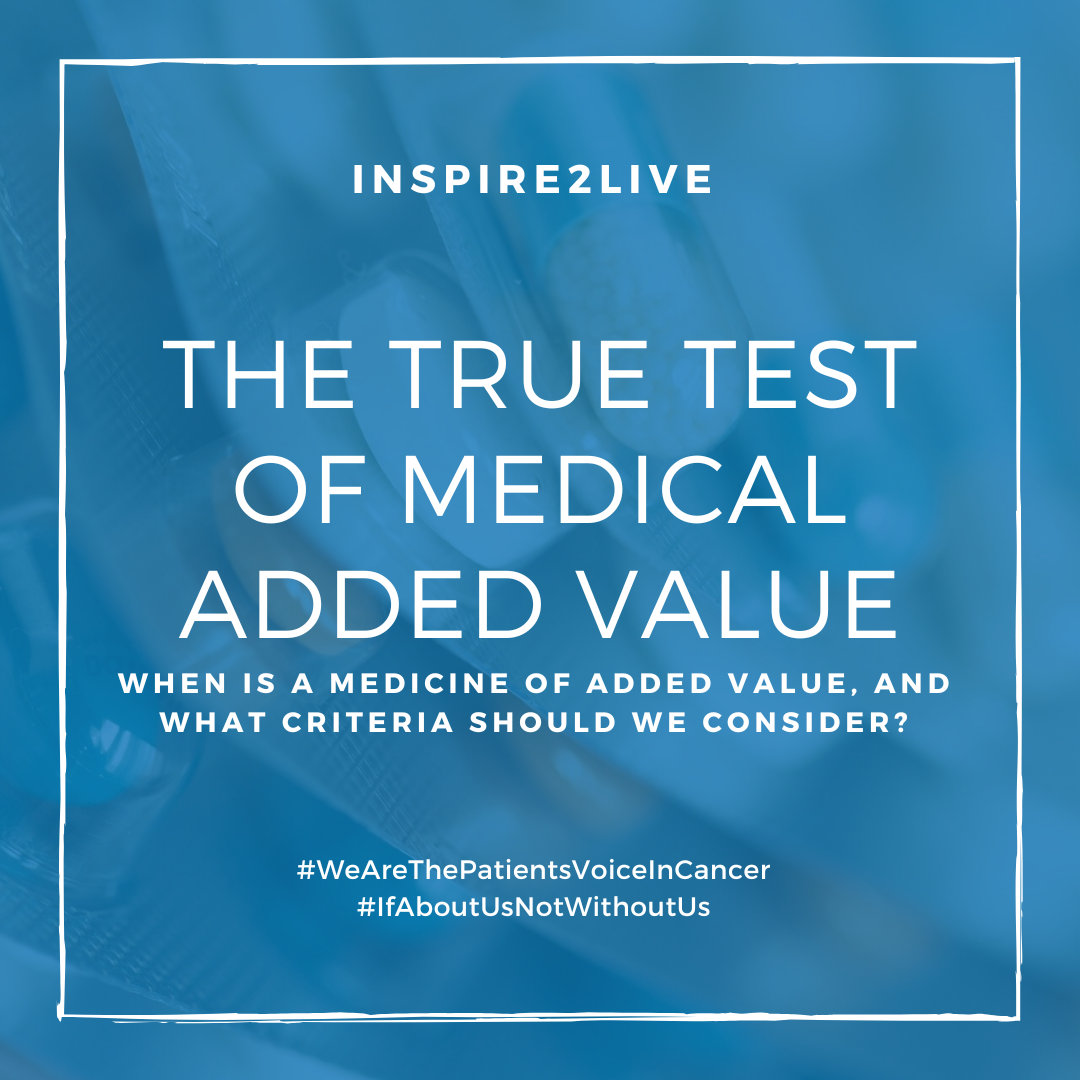This week in the Netherlands, several medicines were removed from reimbursement – specifically, PARP inhibitors. We won’t delve into Dutch specifics, but this leads us to ask: When is a medicine of added value, and what criteria should we consider?
We were immediately reminded of one of our heroes, José Baselga, speaking at our first Annual Congress in 2011 at the Royal Netherlands Academy of Arts and Sciences:
“We are not meant to be here for one or two months of life extension. We can do better.”
This was – and still is – exactly our position on this important topic. Patients want to live well into their later years with a good quality of life, not merely survive for one, two, or even six months in poor health. We believe this is also the view of researchers, clinicians, and the pharmaceutical industry. After all, no one in healthcare wants to work for 40 or 50 years only to develop a drug that saves the life of a mouse with pancreatic cancer. We want to contribute more meaningfully to society.
But what defines added value? Six months? Twelve?
It is both worthwhile – and unfortunately rare – to properly evaluate medicines. Clinical trials are often designed primarily for industry and regulatory approval, but it is in real life that a medicine proves its true value. This calls for a proper phase 4, randomised controlled trial – something healthcare systems rarely undertake. Yet we as stakeholders believe it is necessary.
When evaluating medicines, some important criteria must be considered:
- Was the research conducted properly?
- Was only mortality considered? If so, go back and also account for quality of life.
- Who made the decision to stop reimbursement? Was the patient involved? If not, reconsider and bring in a patient advocate.
- Don’t discontinue reimbursement for patients who are benefiting? It is unethical to stop support for these individuals until they have passed away.
Our conclusion: If a medicine provides no added value, it should be removed from the market and reimbursement should cease – but only under the right conditions.
Ilona Schelle & Peter Kapitein
Patient Advocates, Inspire2Live

